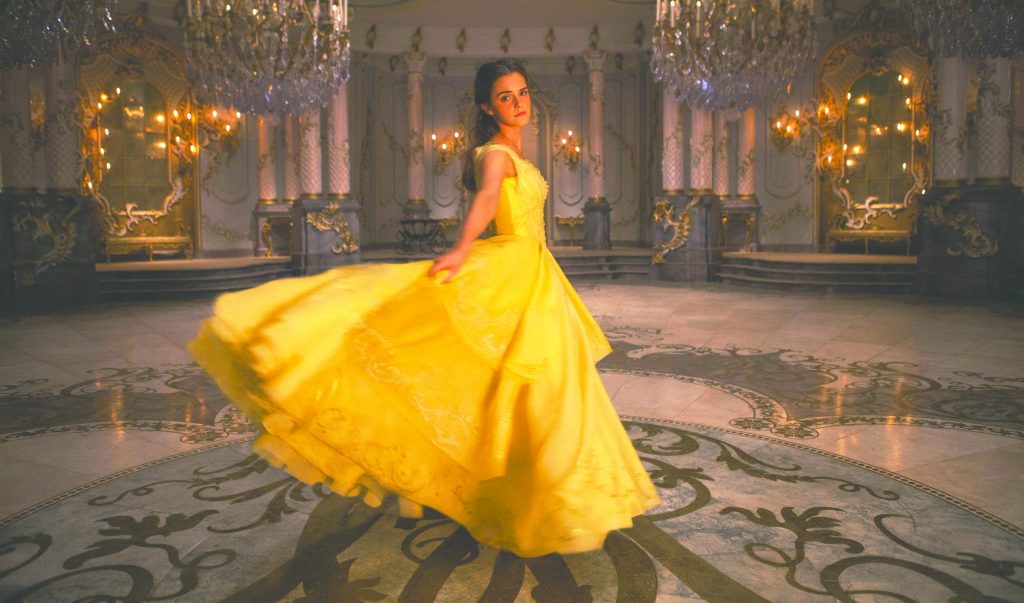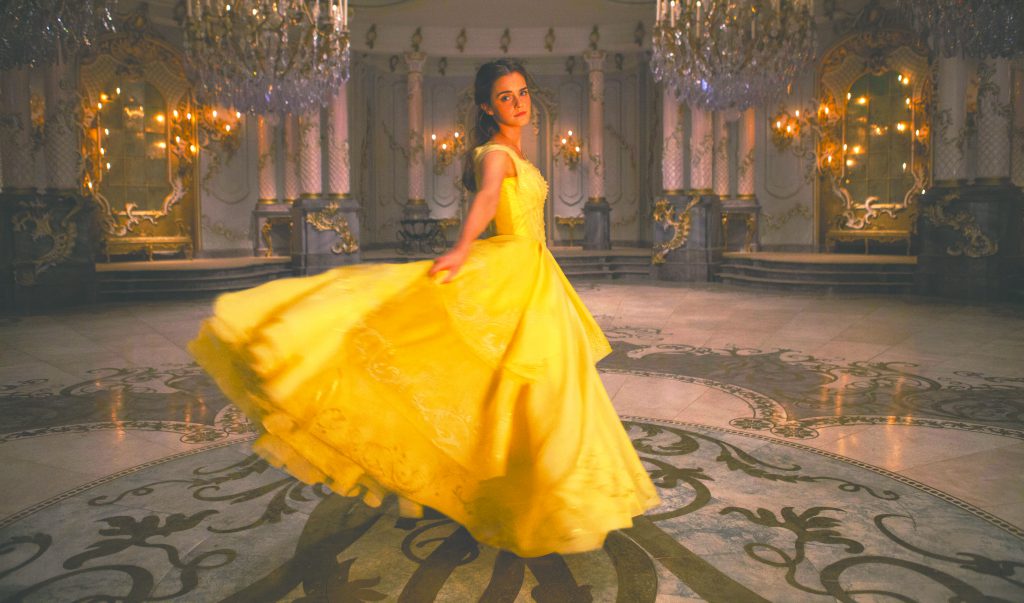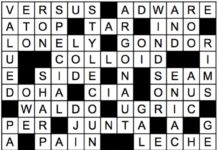
Better than: the original
Not as good as: reactions of the little girls in the theatre
You may also like : Cinderella
If I was to say that I liked Beauty and The Beast too much to be confident in myself as a man in 1991 (the release date of its animated original), no one would have looked twice. In 2017, that kind of line would turn at least a few heads and raise a handful of angry voices — no one gets to tell me or anyone else how to feel; gender roles have changed.
This attitude is glaringly apparent in the new Beauty and The Beast, the Emma Watson-led remake that built upon everything beloved by fans.
Belle, always known as the smart and independent Disney princess (or so I am told by the more versed), stands out. Portrayed by a charismatic and emphatic Emma Watson, every expression and line of dialogue is infused with wit and curiosity. More so than her hand-drawn predecessor in the role, Belle is empowered in a world seeking to bind her down. Watson’s portrayal of Belle featured an all-new backstory, set to inspire generations to come to chase their dreams. Brilliance and boldness define her, as she blazes a path as a bizarrely progressive, classical Disney princess.
Watson’s performance is commendable, as were Luke Evans’ properly narcissistic Gaston and Josh Gad’s comedic Lefou, but Disney sticks to its guns and puts a healthy spotlight on its animated lineup. The level of CGI required to properly show off such refined detail in every movement must have been spectacular, but it is rewarding. The song “Be Our Guest” was particularly dazzling, as well-executed voice acting from Ewan McGregor and Ian McKellen (among others) matches equally impressive visual payoff.
Using traditional and original material in tandem, each song impressed this middling-at-best musical lover. “Belle”, an early scene, uses the freedom of a musical number to convey years of backstory in several minutes, as its titular heroine perseveres through an array of scornful looks and rumours because she is simply ‘different.’
Belle’s most notable differences, of course, are her strong will and intelligence. While these traits can be overplayed at times (my sole moment of broken immersion came when she invents a washing machine), she is incredibly hard to dislike when set against the backdrop of a repressive France.
Beauty was slightly less timeless than its original. In the most literal way possible – it establishes itself within a concrete planet Earth as opposed to existing in a fairy-tale limbo. There are maps of the real globe, there are references to Shakespeare’s Northern Italy, and at one point, a visit to Paris. Time is harder to place however — with hints pointing to the 14th, 17th and 18th century, this history major found himself scratching his head.
Regardless as to when the film takes place, it is a perfect fit for the time we live in now. Culturally progressive and empowering towards its capable lead, Beauty and the Beast overcomes its successor in every way, and made this cynic see the (candelabra) light.






























